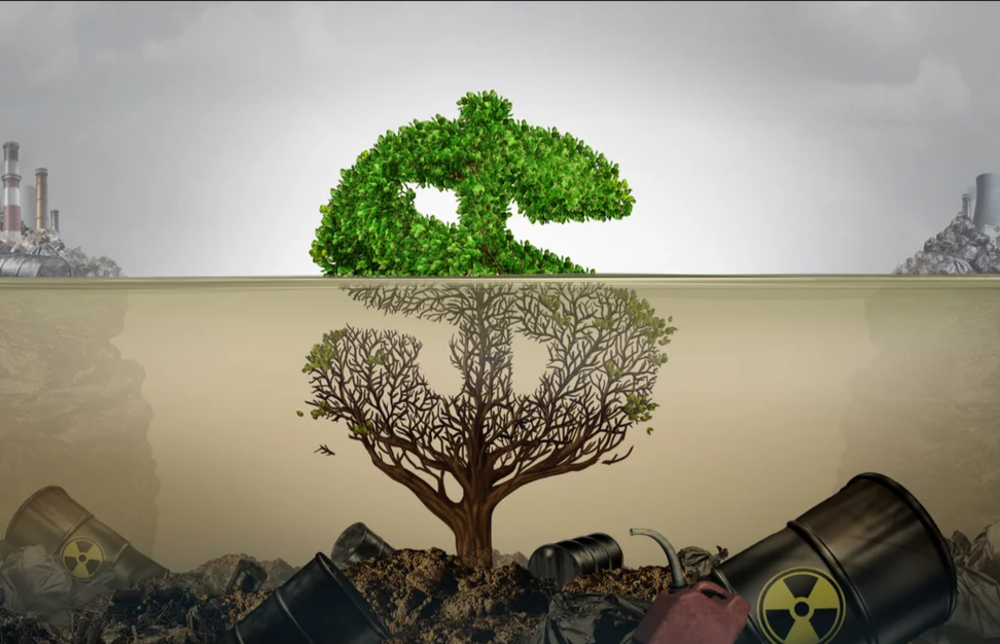Europe is tackling greenwashing and banning misleading environmental names.
To stem this alarming trend and regain consumer confidence, the European Commission has proposed two directives against greenwashing.
The objective is for consumers to be able to accelerate the ecological transition by making informed choices thanks to reliable environmental claims.
Proposed Guidelines:
Directive on misleading commercial practices: It aims to prohibit unsubstantiated environmental claims. For example, it will be prohibited to use sustainability labels without official certification, or to make vague environmental claims without solid evidence. Expressions such as “eco-friendly” or “ecological” will be prohibited if they are not justified by verifiable environmental performance.
Directive on the substantiation and communication of environmental claims (Green Claims Directive): This directive requires companies to substantiate their environmental claims with detailed and verifiable evidence by an independent third party. Allegations must be accompanied by publicly accessible evidence, often via a web link or QR code.
Implementation and Verification:
Companies will need to prove their claims with clear commitments and detailed implementation plans. These allegations must be verified by independent experts without conflict of interest.
Transposition into National Law:
The directive on misleading commercial practices must be transposed into national laws by March 27, 2026, with effective application from September 27, 2026. The second directive is currently being adopted and should be voted on in April 2024 before its transposition.
In the meantime, businesses can start preparing by following the recommendations in the “Practical Guide to Environmental Claims”.
